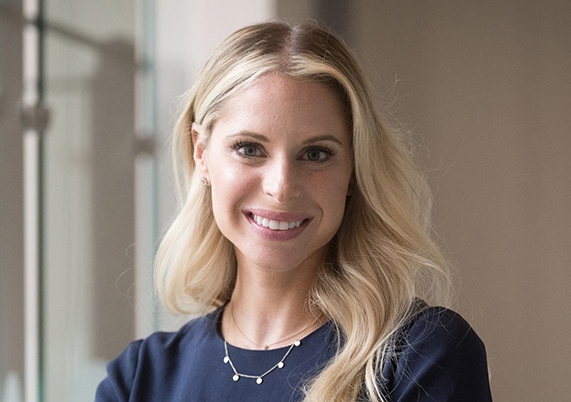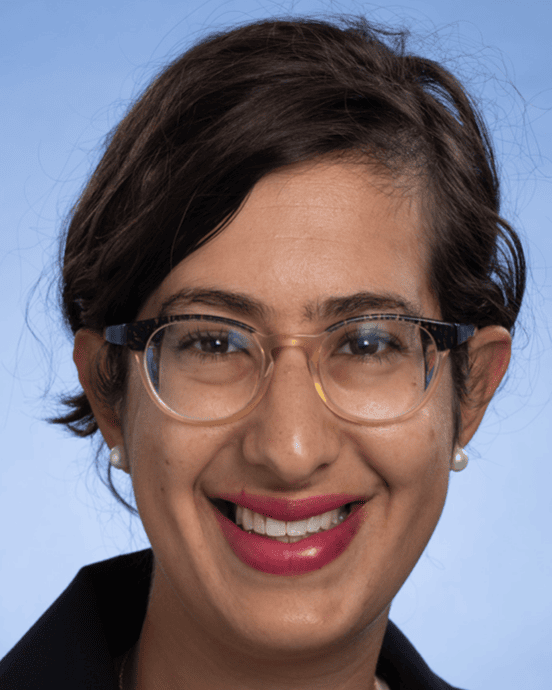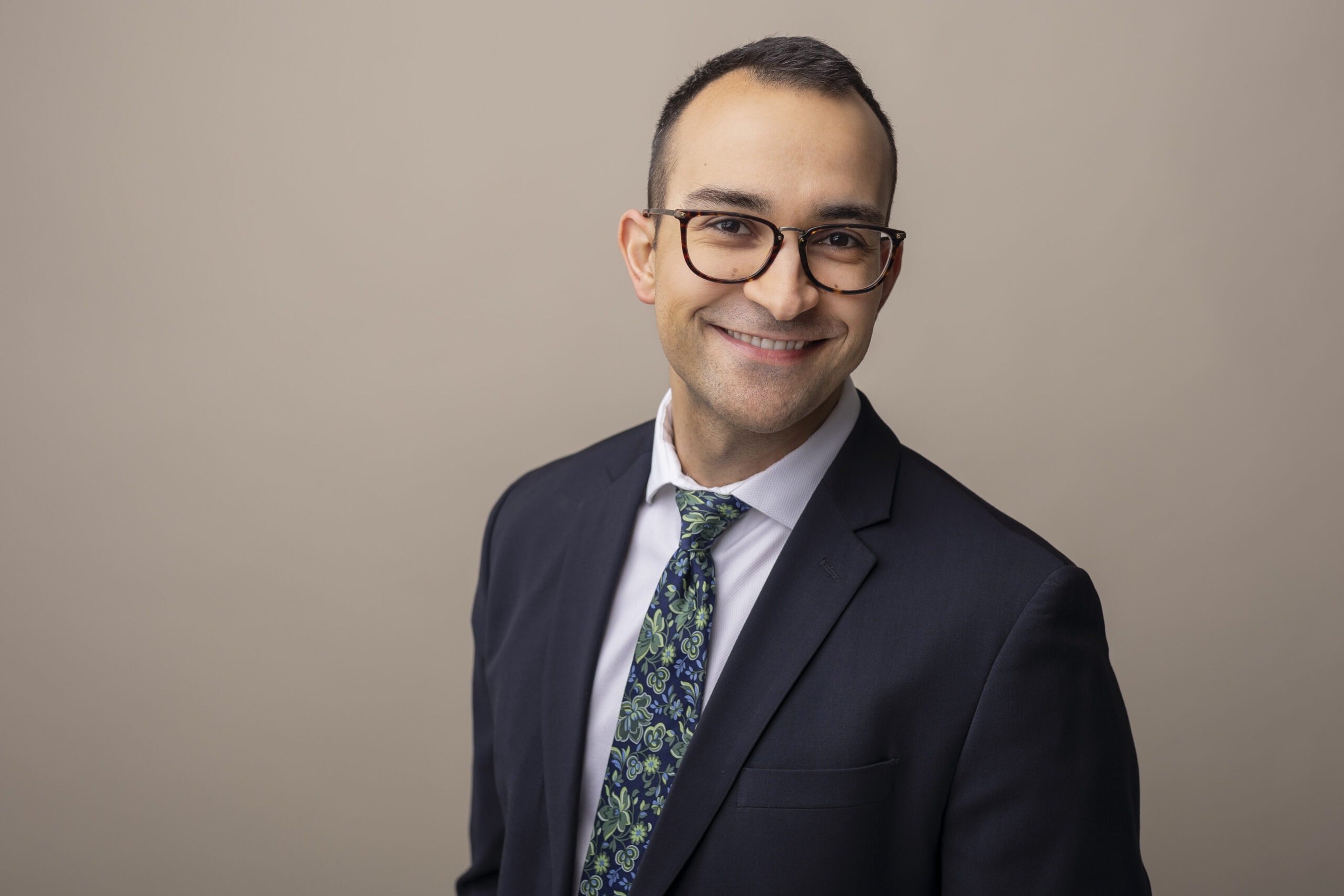People living with complex brain disorders – defined by their combined impact on how a patient thinks, feels and behaves – typically require coordinated care from multiple medical specialists. But all too often, these patients can struggle to access and navigate the multilayered care they need.
Long-persisting siloes in medical education and practice are a major contributor to this gap. While the medical specialties that diagnose and treat complex brain disorders (including neurology, psychiatry, neurosurgery, rehabilitation medicine and geriatrics) have made great advances in recent years, they are not designed to collaborate or even share the same language – tending to train and work in isolation from one another.
Since 2020, U of T’s Temerty Faculty of Medicine has been working to break down these barriers through innovative brain medicine training opportunities that look at symptoms arising from brain dysfunction in a holistic way. Now, with generous support from the Azrieli Foundation, the Azrieli Brain Medicine Fellowship Program is accelerating efforts even further — building capacity to train new brain medicine practitioners and, ultimately, transforming the way we treat patients with complex brain disorders in Canada and around the world.
“The Azrieli Foundation has long enabled innovative research and care to improve the health of individuals and communities, with a particular focus on brain health,” says Naomi Azrieli, chair and CEO of the Azrieli Foundation. “But at the very core of our mission, is an imperative to harness the power of education. Through the Azrieli Brain Medicine Fellowship Program at Temerty Medicine, we are doing both: supporting the next generation of exceptional clinicians and investing in a future where complex brain disorders can be identified and managed effectively.”





